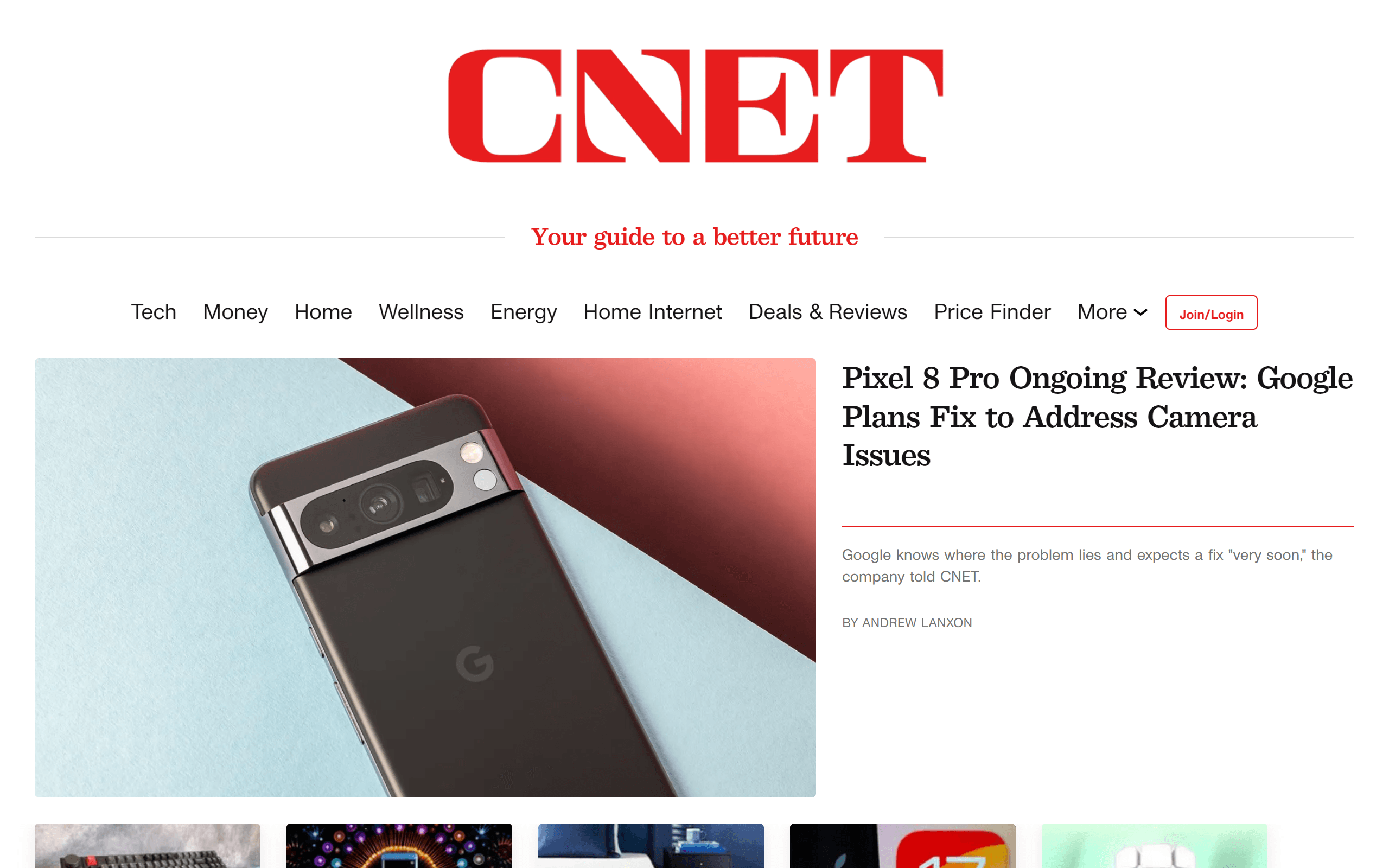How Blockchain Technology Is Revolutionizing Data Safety
Blockchain modern technology is essentially modifying the landscape of information protection by introducing a decentralized framework that assures boosted openness and durability. Unlike traditional systems, which rely on centralized data repositories, blockchain disperses data across a network, reducing vulnerabilities and solitary factors of failing. The usage of sophisticated cryptographic strategies ensures that information stays tamper-proof, cultivating trust among stakeholders and users.
The Basics of Blockchain
Blockchain modern technology, a cutting edge concept in electronic data administration, basically changes just how information is stored and secured. At its core, a blockchain is a distributed journal that videotapes deals across a network of computer systems, making certain transparency and immutability.
Trick to recognizing blockchain is the hashing procedure, which secures transaction data right into an one-of-a-kind alphanumeric code. This cryptographic function ensures that any kind of modification in the purchase data results in a totally different hash, thereby safeguarding versus tampering. The consensus device, another crucial part, validates and validates new purchases through a network of nodes, thereby eliminating the need for a centralized authority.
In addition, blockchain's append-only framework guarantees that information, as soon as included, can not be erased or modified. This characteristic guarantees a long-term and verifiable document of transactions, promoting count on among participants. Consequently, blockchain supplies a durable structure for information honesty, providing sectors a trustworthy approach for tracking and managing electronic information in a safe, clear manner.
Decentralization and Safety
Decentralization, a core concept of blockchain technology, considerably enhances information protection by dispersing control across a network as opposed to depending on a particular, central entity. This circulation mitigates the threat of solitary factors of failure, which are common in standard central systems. By distributing information across many nodes, blockchain makes certain that even if one node is compromised, the whole network remains protected. This redundancy not only fortifies the honesty of the information yet also enhances its resilience to cyberattacks and system failings.

Each participant in the network has accessibility to the entire blockchain, enabling them to confirm and audit transactions individually. On the whole, decentralization is instrumental in boosting information safety and security in blockchain networks.

Cryptographic Strategies
At the heart of blockchain modern technology, cryptographic techniques play a critical duty in guarding information, ensuring both confidentiality and stability. Cryptography in blockchain employs a combination of symmetric and uneven formulas to encrypt data, making it obtainable only to accredited events.
Hash functions are one more essential component, transforming input information into a fixed-size string of personalities, effectively creating an one-of-a-kind digital fingerprint for each block. This makes certain that any kind of effort to alter the information will certainly cause an entirely different hash, thus keeping the immutability of the blockchain. In addition, digital trademarks verify the credibility and integrity of transactions, offering a layer of non-repudiation.
The decentralized nature of blockchain, incorporated with robust cryptographic strategies, eliminates the need for middlemans, reducing prospective vulnerabilities. As blockchain modern technology evolves, developments in cryptography such as zero-knowledge evidence and homomorphic file encryption remain to improve protection steps, further strengthening information protection in this cutting edge digital journal system.
Use Situations Across Industries

In the health care sector, blockchain makes certain the secure storage space and sharing of client records, promoting interoperability while guarding sensitive information from unapproved accessibility. This modern technology encourages people with control over their case history and assists in smooth sychronisation amongst doctor.
Supply chain administration benefits substantially from blockchain's immutable ledger, which guarantees traceability and authenticity of items from origin to customer. By enhancing transparency, blockchain helps reduce concerns such as counterfeiting and underhanded sourcing.
In addition, blockchain's decentralized nature is improving the energy pop over to these guys field by enabling peer-to-peer energy trading, where customers can deal excess renewable resource straight. This fosters a more sustainable and reliable energy community.
In the world of copyright, blockchain gives a tamper-proof platform for makers to register and secure their works, making sure rightful acknowledgment and fair settlement. These diverse usage instances highlight blockchain's function as an essential force in redefining data protection across sectors.
Future of Information Security
As we seek to the future of data security, blockchain technology is positioned to play a critical duty in guarding digital info. With its decentralized and immutable features, blockchain supplies a durable structure for securing sensitive information against unapproved access and cyber hazards. This modern technology makes sure that once data is recorded, it is virtually impossible to change without discovery, thus providing a substantial advantage over conventional information storage space techniques.
The combination of blockchain with other advanced modern technologies, such as fabricated intelligence and the Internet of Things (IoT), is expected to boost information defense methods better. By leveraging wise contracts, companies can automate and apply safety and security protocols, decreasing human error and boosting efficiency. Furthermore, blockchain's capability to supply clear and deducible transactions will reinforce depend on and responsibility in information administration techniques.
As regulative landscapes evolve, blockchain's compliance-friendly nature will become progressively pertinent. It can aid companies satisfy rigid information protection laws, such as the General Data Security Law (GDPR) and the California Customer Personal Privacy Act (CCPA), by supplying proven documents of information processing activities. Ultimately, blockchain's special qualities setting it as a transformative tool in the recurring quest to secure the electronic world versus ever-evolving cyber dangers.
Final Thought
Blockchain modern technology represents a standard shift in information security by leveraging decentralization and cryptographic strategies to improve openness, trust, and data stability. As cyber hazards evolve, blockchain click to read emerges as a vital tool for durable data protection across numerous markets.
Blockchain innovation is essentially altering the landscape of information security by presenting a decentralized framework that assures enhanced transparency and strength. Unlike traditional systems, which rely on central data repositories, blockchain distributes information across a network, minimizing vulnerabilities and solitary points of failure.Decentralization, a core principle of blockchain technology, substantially boosts information protection by dispersing control across a network rather than relying on a particular, central entity.At the heart of blockchain technology, cryptographic techniques play a critical role in safeguarding data, making sure both privacy and integrity.Blockchain modern technology stands for a standard change in information protection by leveraging decentralization and cryptographic techniques to enhance transparency, depend on, and information stability.